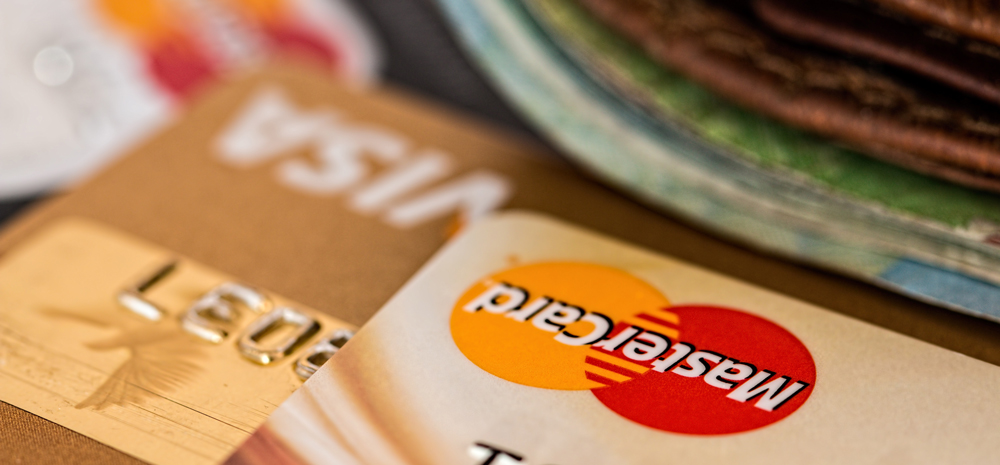Australia day is fast approaching, while we hope you enjoy this day of celebration, we thought we would reflect on what the Great Australian Dream means for the Aussies of 2018. We asked some of our valued clients what their goals are for the year ahead and you might be surprised at some of their answers…

Own your own property
Yes, you’ve heard this one before – the stereotypical Australian dream is to own your own property. However, upon further investigation, that’s not quite the case anymore. When we surveyed our valued clients about this topic we were expecting property to come up, and with our older generation of clients it certainly did. Putting your foot on the property ladder and leaving the rental world is certainly something to aspire for in 2018, and comes with the many benefits of starting a property portfolio and adding to your personal assets.
However, our younger, Gen Y (millennial) client base mentioned that owning property is fast becoming a distant dream, rather than an achievable goal in the Australia of 2018.
“I think people our age are starting to realise that owning property right now is quite difficult, especially with only one income. It doesn’t mean that we don’t want to own a property, but for some it’s just not possible right now”.
It seems that those aged between 18-36 are struggling to afford property in their desired locations of Australia.
“Having to save up for a number of years doesn’t work well for our impatient generation”
But – it doesn’t have to be like this. Why not make 2018 your year? That’s where financial advice can help… we understand how difficult it can be to organise your finances and save enough money to buy your first property. Our expert advisers can help you to reach what may seem un-achievable for now, much more quickly than you’d expect.
Talk to us today to see how we can help you.

Holiday and relax more often
Finding a balanced lifestyle and spending more time away from work was another hot topic with our clients when asked what their goals are for this year. As time goes on everyday Australians have become accustomed to seeing more and more media attention focused on finding a healthy and balanced lifestyle, and how to find a ‘work – life balance’ that suits our needs.
Although there is a lot of advice out there that claims to help people do just that, ensuring your finances are in order is a number one priority if you’re thinking of taking time away from work or going on more holidays.
“If you take more time off work, you become more relaxed, but you earn less money, so begin to stress. It’s a vicious cycle”.
Our financial advice team can help your money start working harder for you, so that you can live your life exactly as you please, without financial burdens. Whether we guide you to invest your money into managed funds, ensure your super continues to grow, consolidate your insurances or work out how you can save some extra dollars – talk to our expert team to free up your time get some peace of mind about your finances.

Retire early
Following on from the theme of leading a more relaxed lifestyle comes our final addition to the Great Australian Dreams of 2018, early retirement. Whether you’re approaching retirement age in 2018, or you’re only just starting out in your career – it’s important to plan your finances if you think retiring early is a desirable lifestyle for you.
Have you consolidated your superannuation accounts? Do you have additional savings and investments to help fund your retirement? Do you have your money invested anywhere to help it grow?
If you’re set on retiring early and would like some assistance, or even if you’re unsure of whether this is achievable for you, one of our financial advisers can help to simplify your situation, and provide you with a multitude of retirement options.
Whether you know what you want to achieve this year or not, financial advice from our friendly team is sure to keep you on the path to financial freedom.























